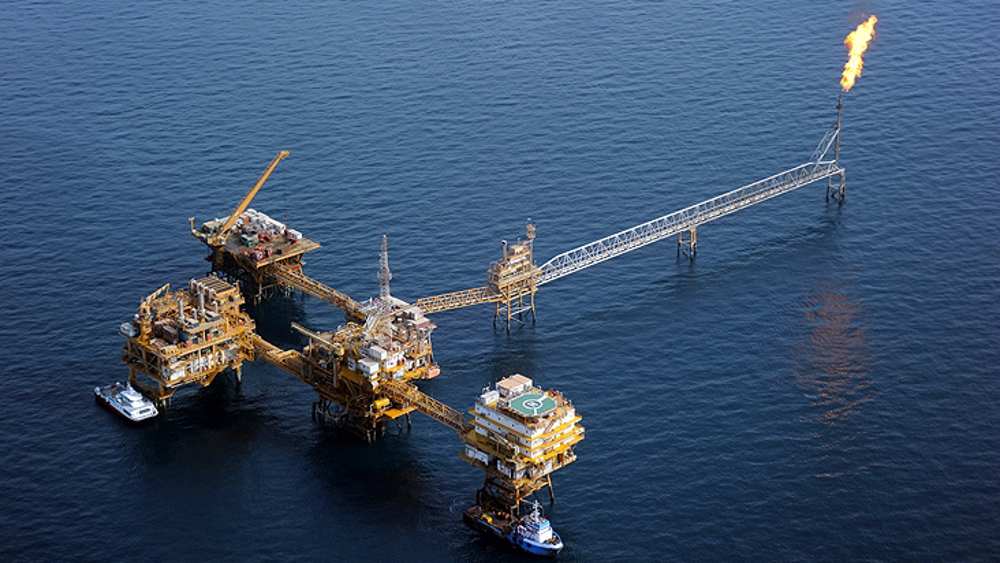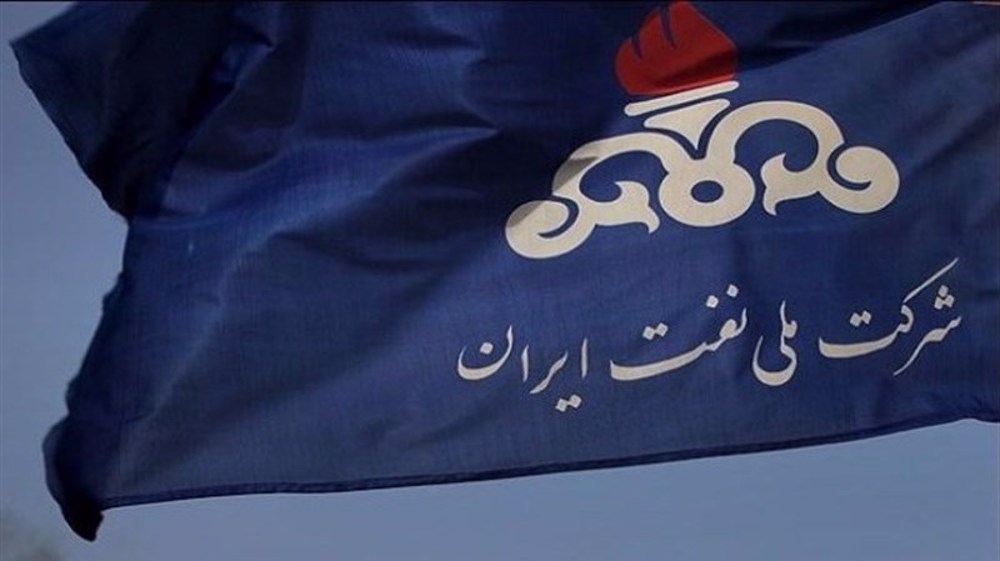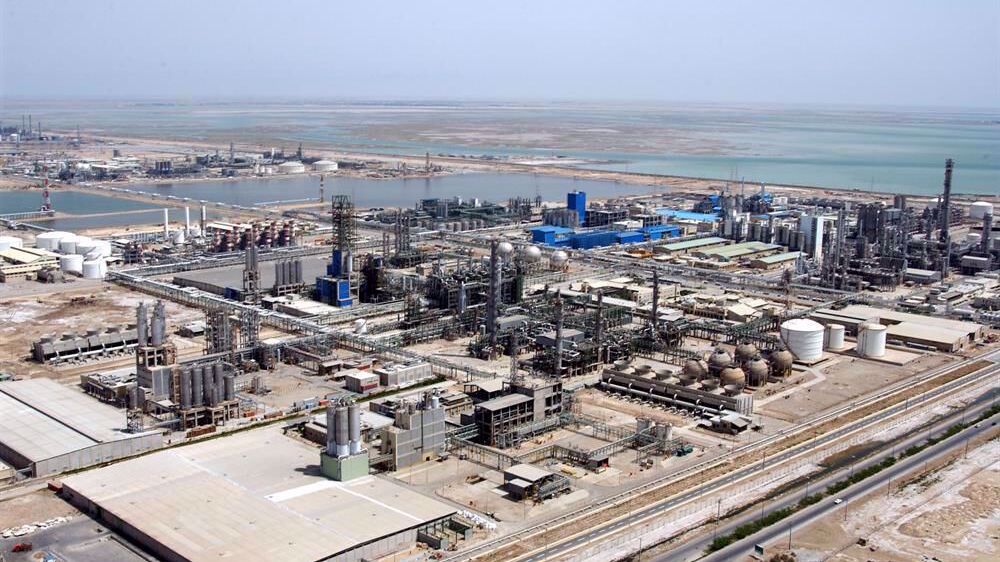Iran builds petrochemical compressor after Mitsubishi snub
Iranian experts have designed and built a compressor which it badly needed in its burgeoning petrochemical industry but could not import because of US sanctions.
Petrochemical companies in Iran sourced the rotary air compressor for the wet oxidation process from Mitsubishi Heavy Industries, but the Japanese multinational engineering, electrical equipment and electronics corporation's refusal to supply them forced the country to indigenize the equipment.
On Tuesday, the Shahid Tondgooyan Petrochemical Company (STPC) said its young specialists had acquired the knowledge and technology to design, manufacture and repair the oxidation air compressor at its polyethylene terephthalate (PET) unit.
"After the Japanese company's absence and lack of response under the pretext of sanctions, the STPC's specialists initially localized some items and equipment with the participation of knowledge-based Iranian companies and then fully indigenized the manufacturing of this complex rotary device of the petrochemical industry," it said in a statement.
"The oxidation air compressor was the heart of the PET unit and in case of failure, the production of the second chemical line and subsequently the second polymer and textile line of one of the two STPC plants with a capacity of 22,00 tonnes per day would have completely stopped," it added.
Wet air oxidation is a form of hydrothermal treatment which is used to deal with spent caustic stream generated in a refinery or a petrochemical complex.
Mitsubishi Heavy Industries and Germany's Linde are some of the few industrial groups which have developed a technology portfolio to treat this poisonous waste.
Petrochemical products are a crucial boon to Iran’s derive to weather draconian US sanctions which mainly aim to dry up the Islamic Republic’s oil exports.
Iranian officials say the wide diversity of petrochemical products and huge international demand for them because of their quality and price make the industry unsanctionable.
The US imposed sanctions on Iran's petrochemical industry, including the Persian Gulf Petrochemical Industries Company (PGPIC) which is the country's largest petrochemical holding group and its network of 39 subsidiary petrochemical companies in June 2019.
It banned purchases of Iranian aromatic, olefin, and synthesis gas, and any of their derivatives, including ethylene, propylene, butadiene, benzene, toluene, xylene, ammonia, methanol, and urea.
The Treasury Department said in a statement at the time that the sanctions aimed to choke off financing for Iran’s largest and most profitable petrochemical group.
Last month, Managing Director of the National Petrochemical Company (NPC) Behzad Mohammadi said Iran's petrochemical revenues will top a record $20 billion in the current Persian year of 1400 which ends on March 20, 2022.
"About $14 billion of this will be in foreign exchange earnings and $7 billion in domestic sales, which is a significant record and this amount of income will be reached for the first time in the petrochemical industry," he said.
Fire at Mahshahr petrochemical unit
On Tuesday, a fire broke out at a petrochemicals plant in southwestern Iran but a local official said the blaze was brought under control and there were no casualties.
The governor of the port of Mahshahr said the blaze broke out in a waste depot at a plant in the Petrochemical Special Economic Zone.
"Fortunately, there were no casualties and the cause of the incident is being investigated," national broadcaster IRIB quoted the port governor as saying.

Key well launched at Phase 11 of Iran’s South Pars gas field

Iran can rely on its hydrocarbon resources for 100 years: NIOC

US intel report: Iran ‘not building nuclear weapon’
Palestinian American teenager killed by Israeli forces in West Bank amid raging onslaught
US launches more airstrikes on various areas across Yemen
VIDEO | Press TV's news headlines
VIDEO | Parisians hold rally in support of Palestinians
Nigerian security agents plan fresh attacks on followers of Sheikh Zakzaky in Abuja: Report
Bill to seize mosques in India gains presidential assent
Over 600,000 children in Gaza at risk of ‘permanent paralysis’: Ministry
VIDEO | US, Europe anti-Trump protests








 This makes it easy to access the Press TV website
This makes it easy to access the Press TV website